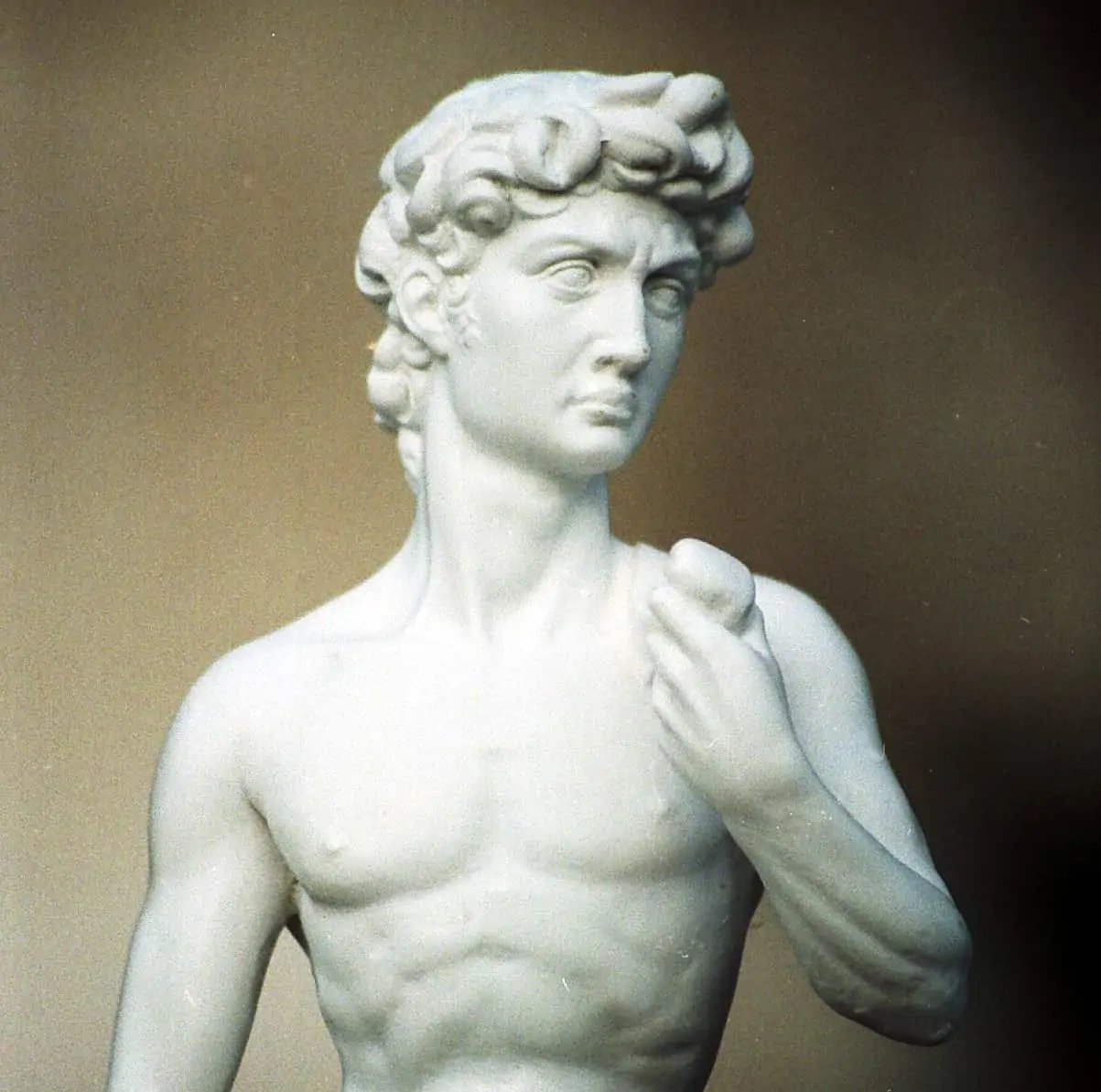Americans have long had “love affairs” with heroes. We want people we can admire and root for, people we believe can be role models. In our age of cynicism the distrust of politicians is evident, stars of stage, music and screen live such public lives that their scars are ever so visible. In many ways sports figures have, almost by default, become our heroes. There can be a need to reflect this hero worship through unconditional support, which can take the form of betting on these heroes to succeed.
The 2015 Super Bowl between New England and Seattle saw 115.9 billion bet legally in Las Vegas, legal sports gambling makes up only a small portion of actual betting on the game. The Mayweather-Pacquiao fight in march produced between 60 and 80 million dollars of bets in Las Vegas, close to three times more money than any other fight in history. When American Pharoah won the Belmont Stakes, it was the second highest day of betting in New York Racing Association history, 6.6 million was bet at the track and 75 million was bet off-track on that one race. Poker has been presented on television as sport and many poker players have become cult heroes.
The concern is that our hero worship can have significant impact on our financial, cognitive, spiritual and emotional states. Perhaps gambling is a way for an individual to live vicariously through sports heroes, who has not imagined himself at the plate with the bases loaded and two out in game 7 of the World Series. Fantasy may be all well and good but when we beet on our heroes we may threaten our own security and wellbeing.
We all need our heroes, people living out our dreams. But needing to gamble to show our love and support may not be appropriate if we are unable to use good judgment. It has been estimated that 81% of Americans gamble in their lifetime and that 90% of those experience gambling as one of may entertainments or activities in their lives. They gamble with family members, they set and keep time limits and money limits as to gambling and suffer few if any negative consequences. But for the other 10% it can become a significant problem, it may result in many issues such as mounting debts, illegal activities, mental health and addiction concerns, bankruptcy, divorce and even suicide.
Support your heroes if you choose but don’t do it blindly. If you are going to gamble do so in a responsible manner. Know that help is available if you have a problem, a phone call away at 1-800-GAMBLER. Hero worship may be an American past-time but let us do it without putting ourselves at great risk.





